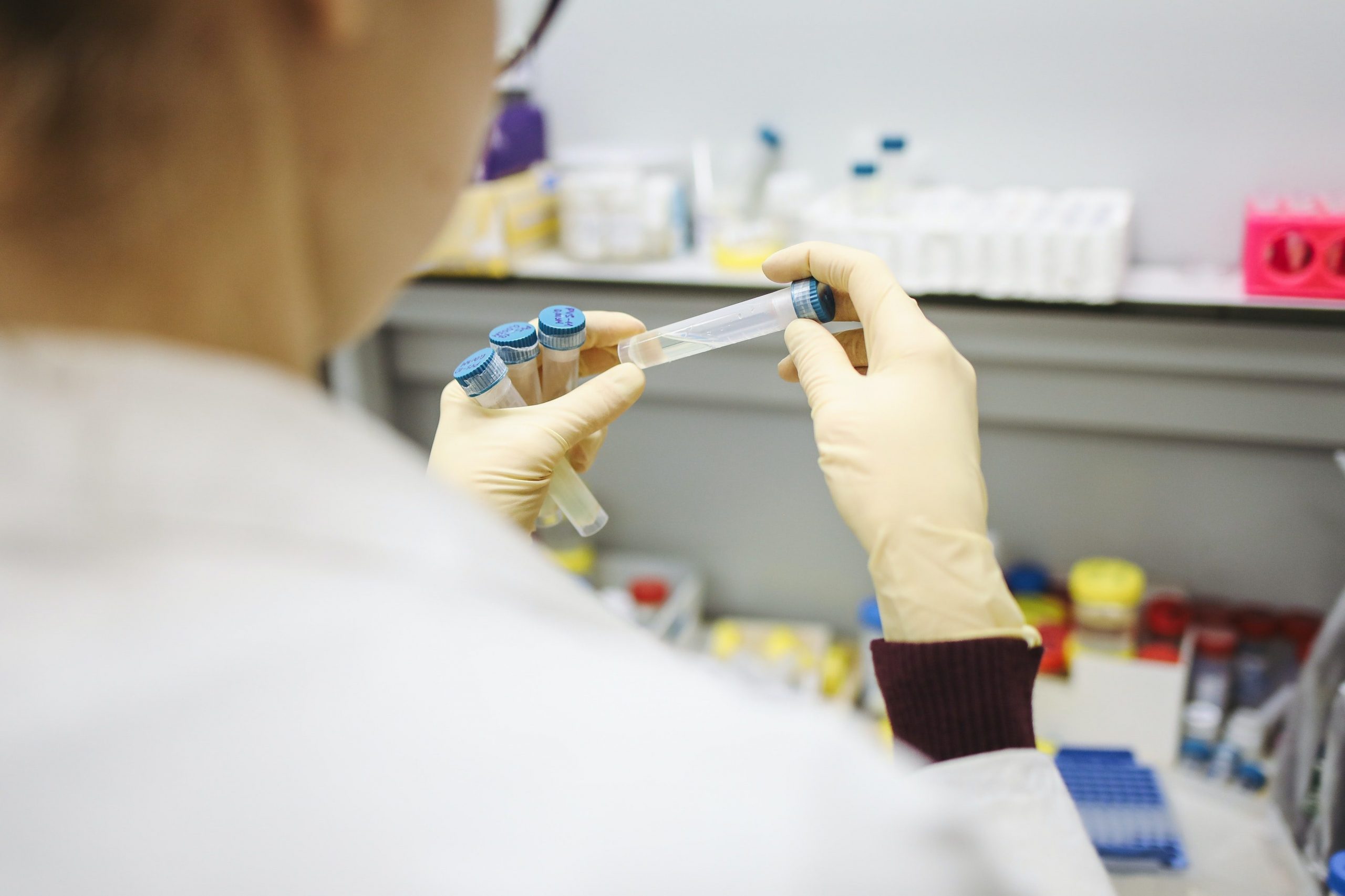All viruses evolve over time. As viruses replicate, they often change slightly, and these changes are referred to as “mutations”.
A virus that has one or more mutations is a “variant” of the original virus. If a variant were to have distinct physical properties that alter the way the virus behaves, then it becomes referred to as a strain.
The more widely a virus spreads, and the more people it infects, the more likely it becomes for that virus to develop mutations. Such is the case with the Covid-19 virus, SARS-CoV-2.
While most of the time, these mutations have no impact on the virus’ ability to cause an infection, they tend to affect transmission and disease severity.
🌐 Criminals are exploiting the Covid-19 pandemic to illegitimately sell vaccines, negative test results and certificates online, researchers say.
Read more👇https://t.co/vjzVhVESM7
— Doha News (@dohanews) March 26, 2021
The mutations that impair a virus’ ability to replicate and halt disease transmission are rapidly lost from the viral population. Viruses with “advantageous mutations” that make them better at replicating, transmitting the disease, and avoiding our immune systems have a selective advantage. In this case, since they are considered “stronger” than the other variants, it becomes more likely that they take over and become the dominant viral strain.
What we currently know about the Covid-19 strains that exist, namely the UK strain, the Brazilian strain, and the South African strain, is that all of them appear to be more contagious or infectious in nature than the original Wuhan strain.
The UK strain
The UK variant, also referred to as the B.1.1.7 variant, was first detected in the city of Kent in the UK and has gradually become the most dominant strain in the country. The strain has also become the most dominant virus in many other parts of the world. When compared to the original virus the UK variant has 23 mutations and spreads up to 70% more easily.
In Qatar, Dr. Abdullatif Al Khal, Deputy Chief Medical Officer of Hamad Medical Corporation and Chairman of the National Pandemic Preparedness Committee, announced earlier this month that despite best efforts, the UK strain has entered the country and spread widely amongst the population. It is due to its high level of transmissibility that the numbers of Covid-19 cases have increased significantly as of late.
Should we be concerned?
Whilst increased infectiousness is a problem within itself, findings from new studies have revealed that it is not the only cause for concern.
One study published in the British Medical Journal, found that the UK coronavirus variant, called, was between 32% and 104% (making the central estimate 64%) more deadly than the original virus strain. Another study published in the scientific journal Nature showed that the UK strain could be responsible for more severe illness, and a 61% higher risk of 28-day mortality. Bigger, more inclusive studies are needed in order to further confirm these results.
Effect on children
During the first wave of Covid-19, the original virus was more likely to infect adults than children. However, during the past 2 to 3 months, we are observing an increase in percentage of children being diagnosed, and an increase in percentage of those with more serious symptoms. This could be linked to the new UK strain according to scientists from Imperial College London. However, until studies can prove this, these remain speculations at this point in time.
While severe Covid-19 has been quite uncommon in children, more serious cases have been on the rise as of late. This further emphasises the responsibility of parents and adults in general to get vaccinated, and continue taking precautionary measures, to protect the children in their families and around them.
Will the vaccines still be protective against new strains?
Fortunately, data suggests that most of the available Covid-19 vaccines perform reasonably well against the UK strain, and have been shown to protect against severe illness from the Brazil strain. As for the South African strain which had caused concern amongst the scientific community as of late, Pfizer and BioNTech released last Thursday that their vaccine was around 91% effective at preventing disease onset, based on trial data that included participants that had been vaccinated for 6 months.
The good news is, for future strains to come, that mRNA vaccines are relatively easy to adjust and future doses from Pfizer and Moderna could provide additional protection against new variants.
Will there be more variants of SARS-CoV-2 in the future?
It is certain that more variants will surface. As long as the virus spreads and replicates, more and more mutations will occur. In fact, new variants of the coronavirus are detected each week. Some increase in the population for a while before they die out, and others persist.
How can we stop the spread of future new variants?
The best way to prevent the spread remains to be at the source – through reducing transmission.
This is best achieved through frequent hand washing, mask wearing, physical distancing and avoiding congested settings. It is also important to get vaccinated if the vaccine becomes available to you, and to remain taking preventative measures even after you’ve been fully inoculated.
Read also: Why the link between Covid-19 deaths and obesity is a cause for concern
By scaling up vaccine production and roll out, by ensuring equitable access, and by remaining safe, careful and protected, viral transmission will undoubtedly decrease.
This, in turn, will reduce the opportunities available for the virus to mutate and for new variants to appear. We are only safe if everyone is safe.
Maha El Akoum, MPH, is a public health professional currently working as Head of Content at World Innovation Summit for Health [WISH].
Follow Doha News on Twitter, Instagram, Facebook and Youtube







